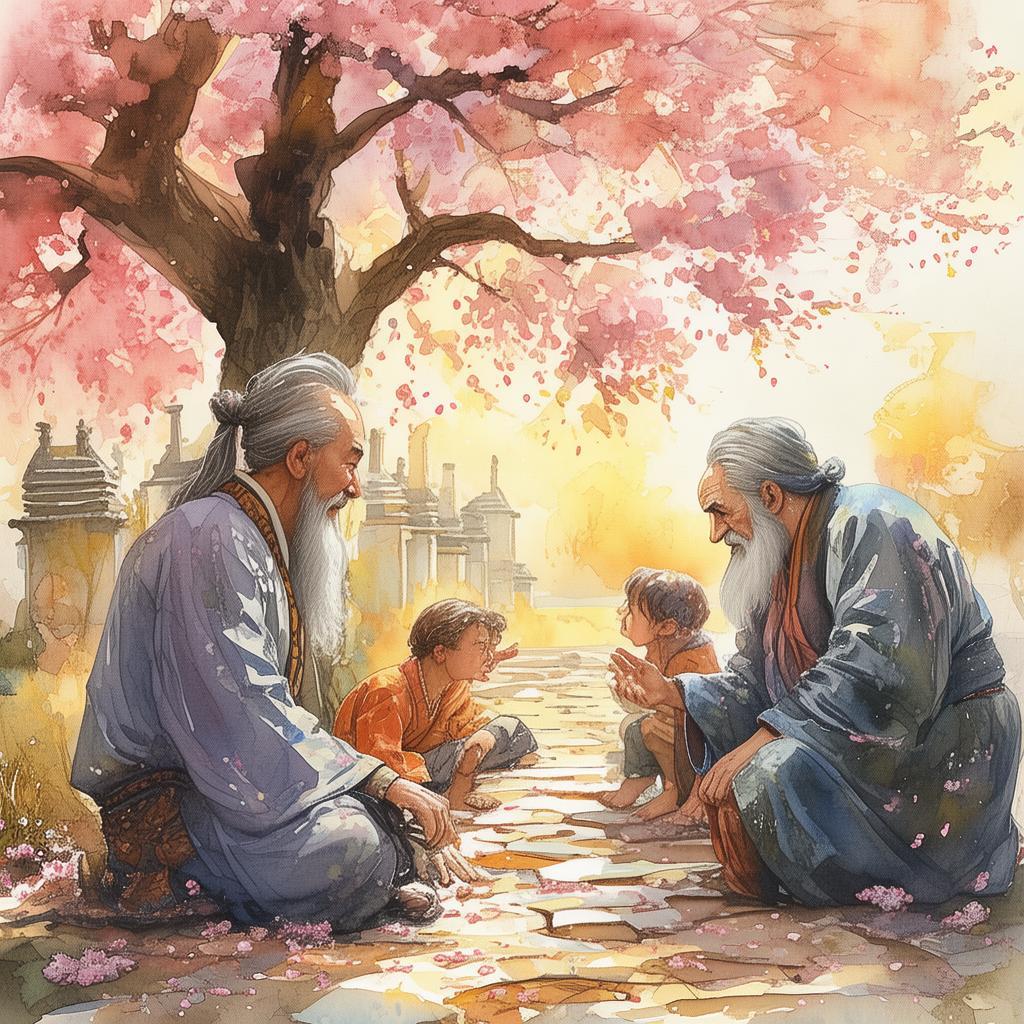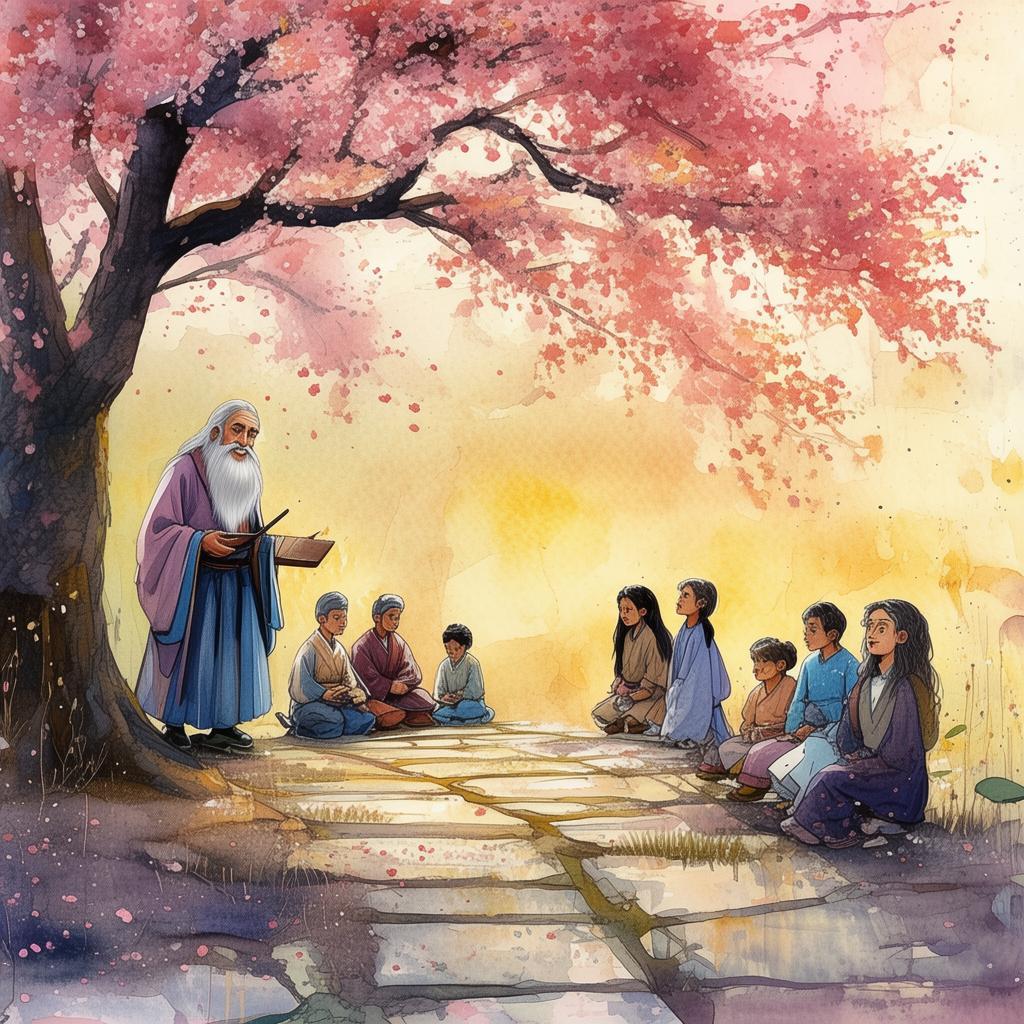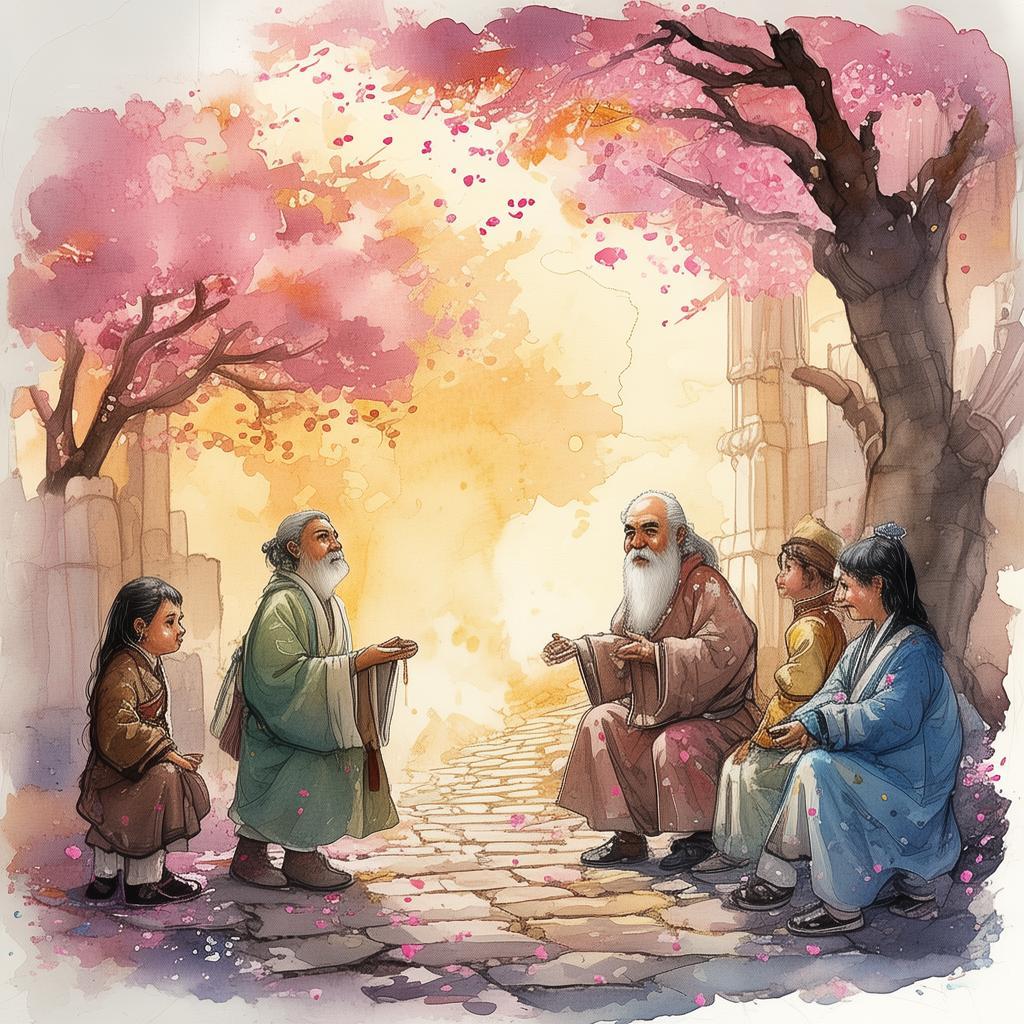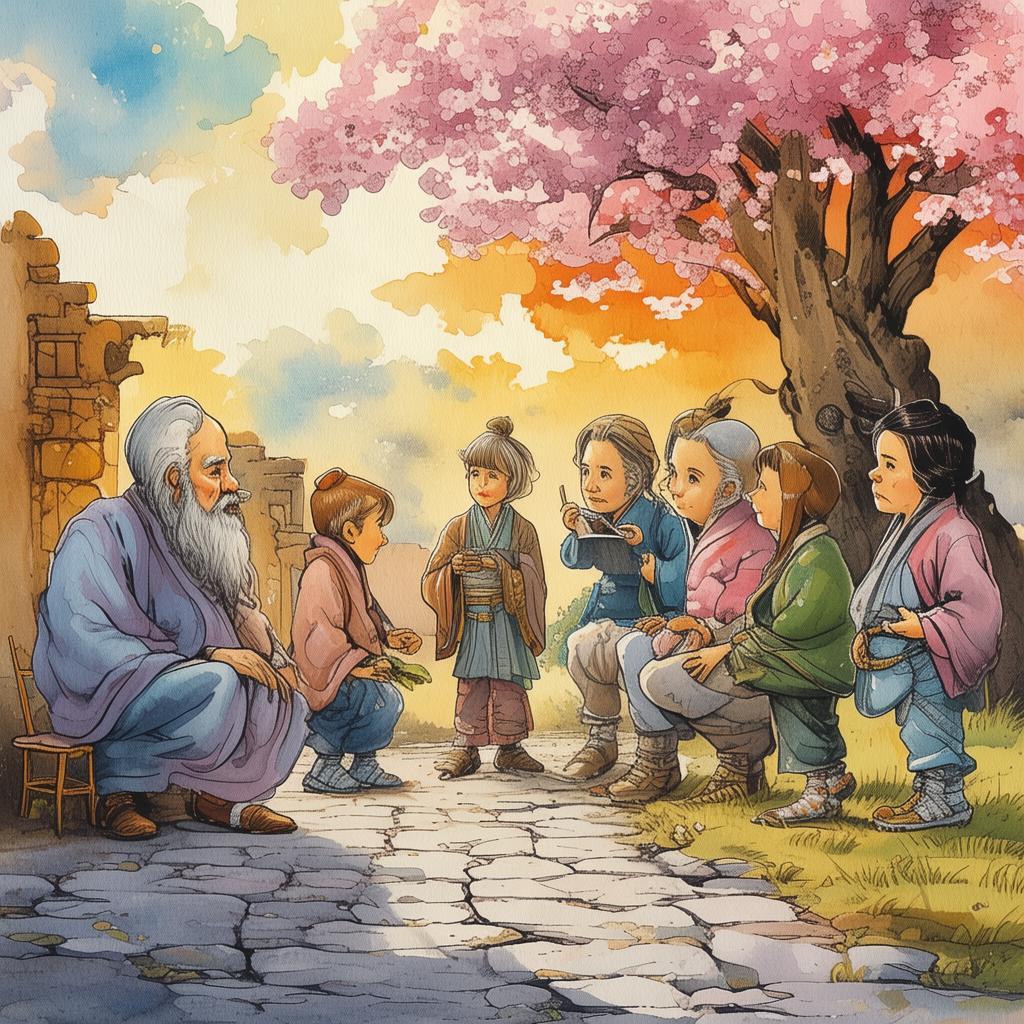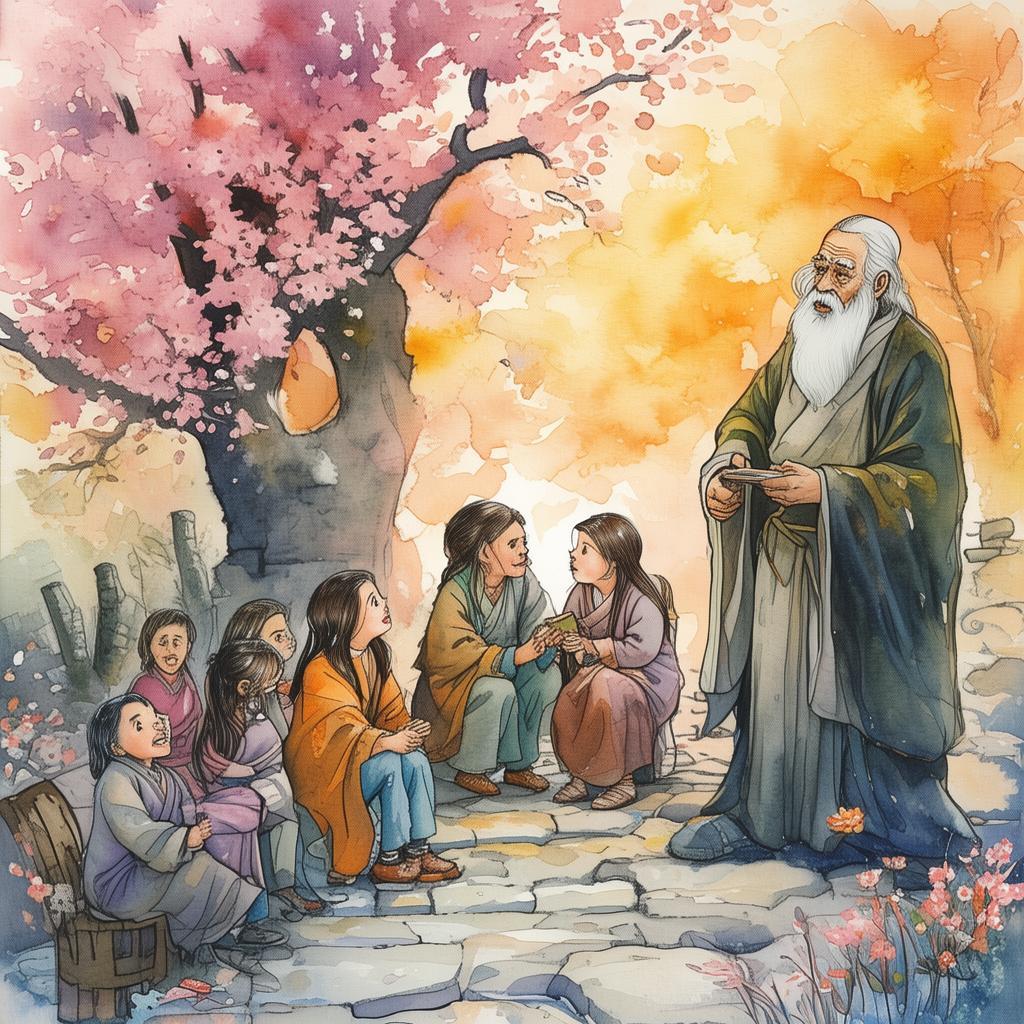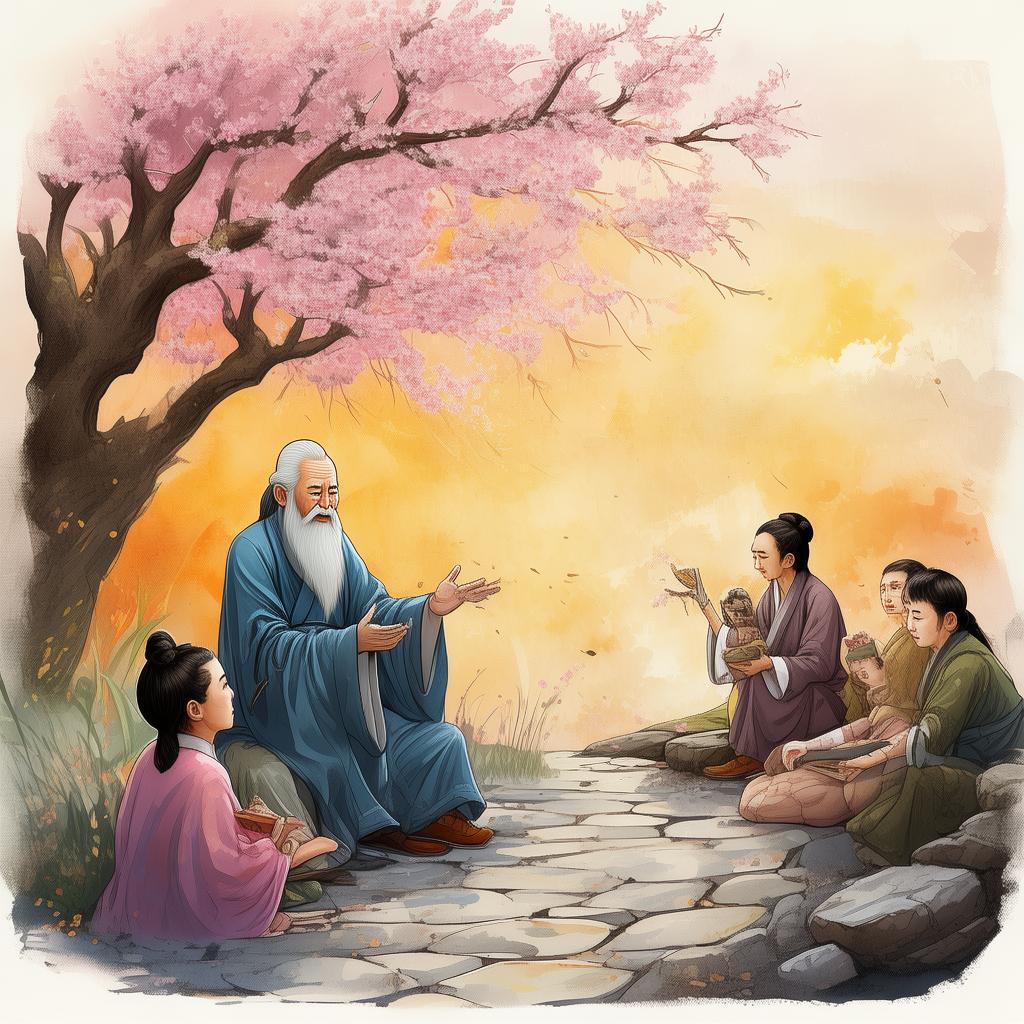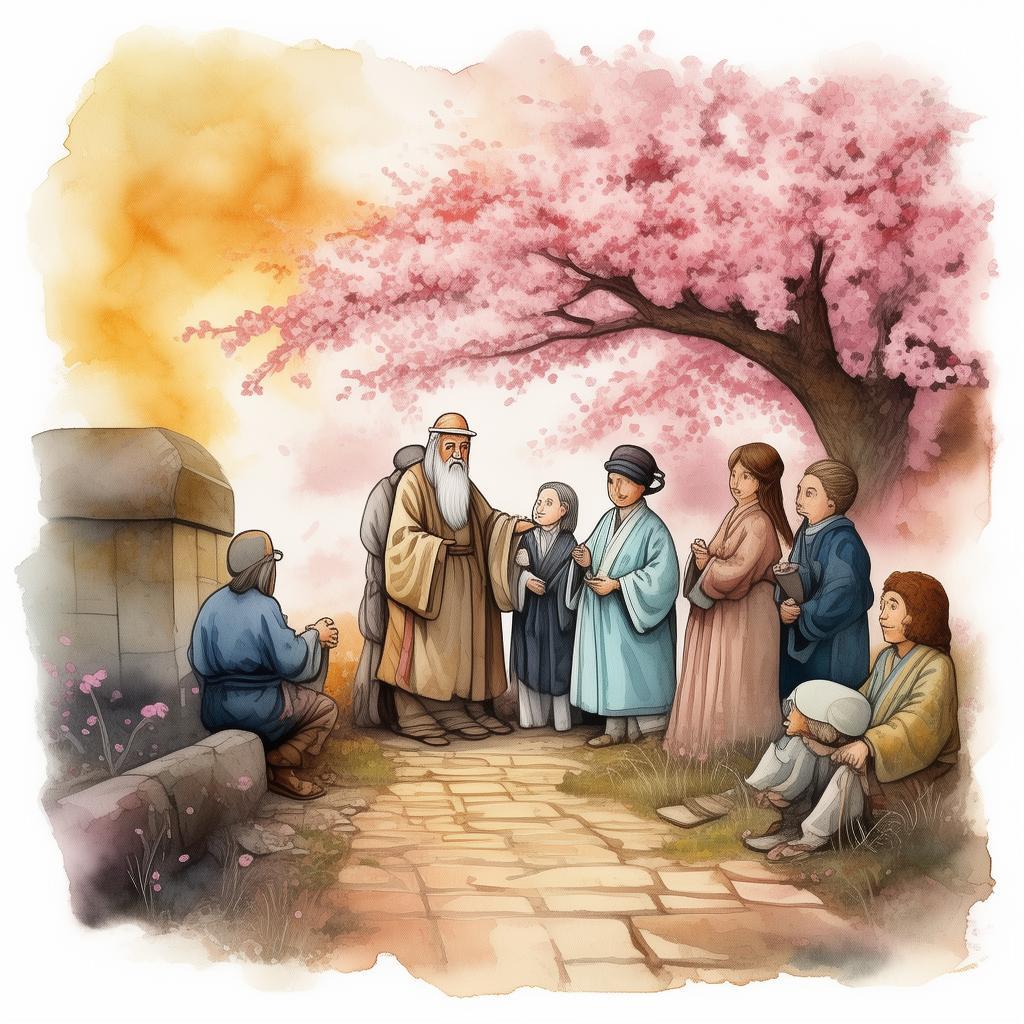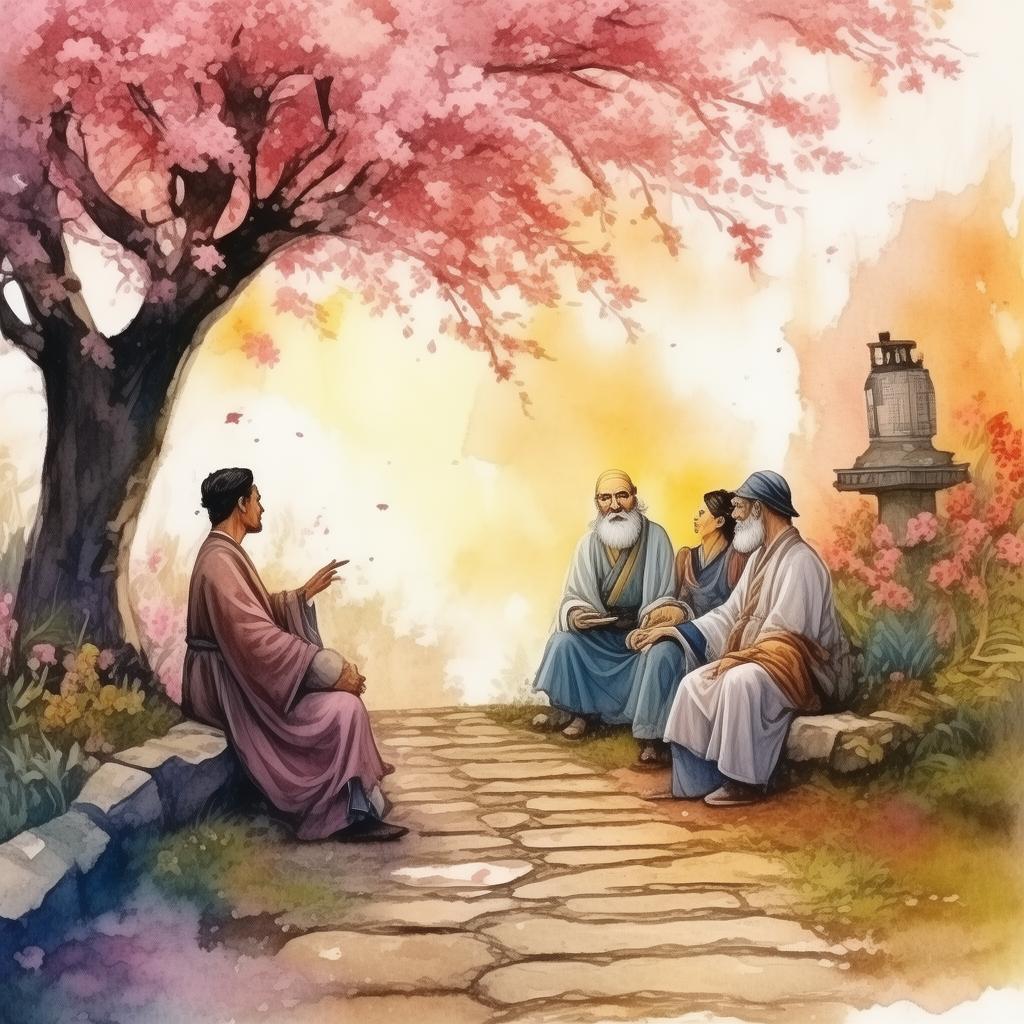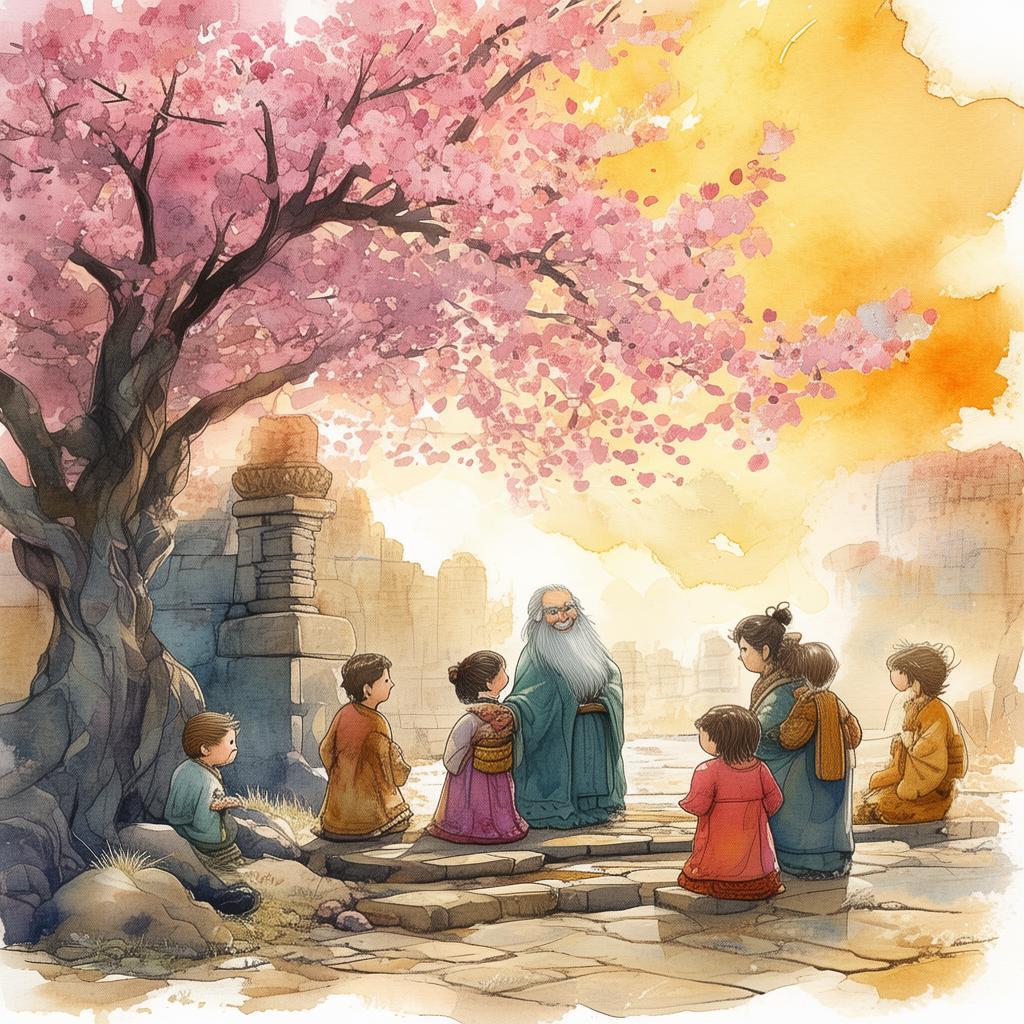The Iron Will of the Defiant Bard
In the heart of the ancient kingdom of Elyria, where the sun dipped below the horizon, casting long shadows over the cobblestone streets, lived a young bard named Thalor. His voice was like the wind that danced through the leaves, carrying tales of love and war, joy and sorrow. But beneath his gentle demeanor, there burned an unquenchable fire of defiance against the oppressive regime that had long held the people of Elyria in chains.
Thalor's father, a revered bard before him, had been silenced by the regime for his tales of resistance. The young man, however, had inherited more than just his father's gift of song; he had inherited his spirit of defiance. It was this spirit that led Thalor to compose "The First Song of Defiance," a melody that resonated with the hearts of the downtrodden, a call to rise against the tyranny that bound them.
The song was born in the quiet of the night, under the cover of darkness, where Thalor could whisper his words without fear of the regime's spies. The lyrics were simple, yet powerful:
In the shadows where the night is deep,
Lies the heart of defiance, fierce and true.
Beneath the yoke of tyranny,
We rise, we stand, we sing for you.
As the first notes of the melody began to weave through the air, the people of Elyria felt a stir of hope. They whispered the song in hushed tones, passing it from one to another, a flame that could not be extinguished. The regime, however, took notice and sent their henchmen to silence Thalor once and for all.
The night of the song's composition, as the moon hung low in the sky, Thalor was ambushed by the regime's agents. They surrounded him, their faces twisted with malice. "You will be silenced, Thalor," one of them growled, his eyes gleaming with the promise of pain.
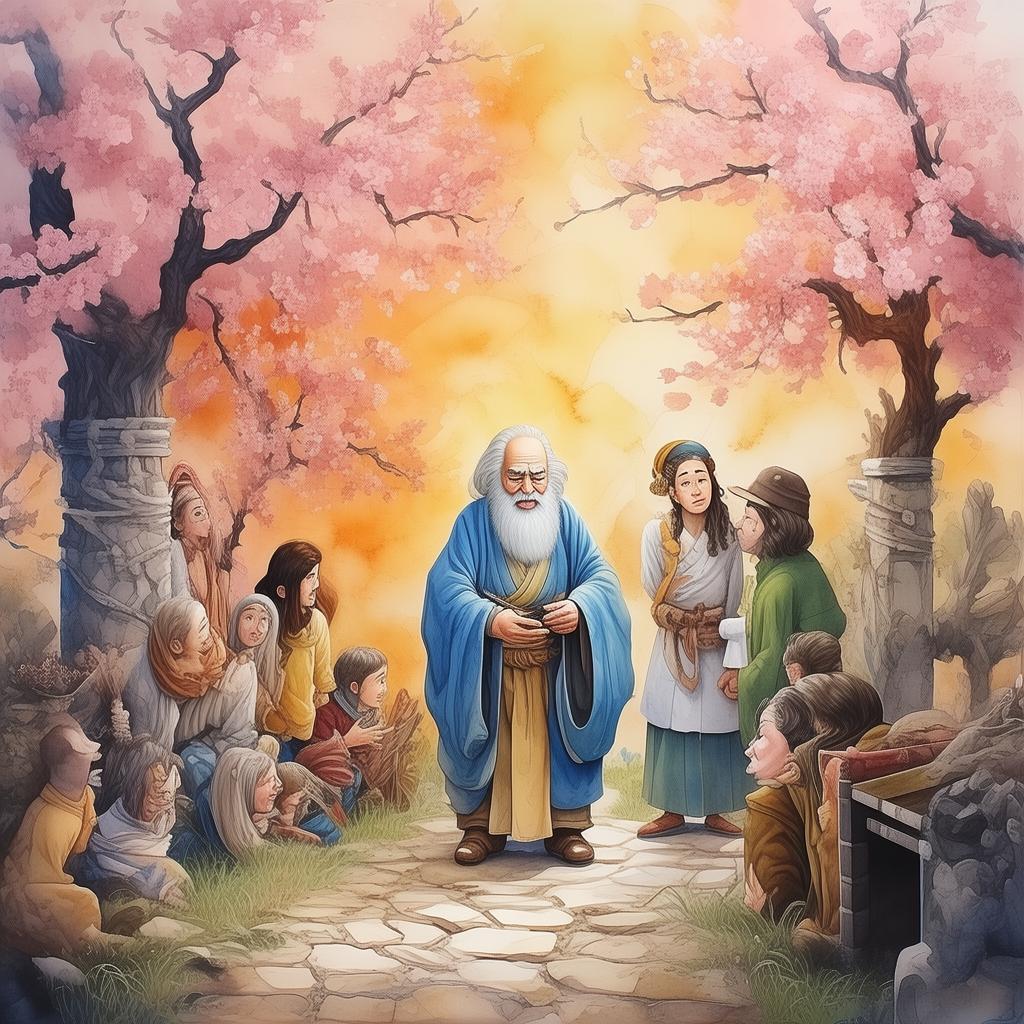
But Thalor, with a defiance that had been forged in the fires of his father's silence, refused to be cowed. "Silence me?" he spat. "The people's voices are too loud to be ignored!"
The agents, taken aback by Thalor's boldness, lunged forward. But in that moment, the people of Elyria rose up, their numbers swelling as they heard the tumult. The agents, caught off guard, were forced to retreat, leaving Thalor unharmed.
The incident sparked a rebellion, one that would not be easily quelled. Thalor, now the symbol of defiance, traveled the kingdom, his songs of hope and resistance echoing in the ears of the oppressed. The regime, desperate to crush the uprising, deployed their most fearsome soldiers, but each time, Thalor would escape, his spirit unbroken.
The climax of the story came when the regime's army laid siege to Thalor's hometown. The people, weary from battle, were on the brink of surrender. It was then that Thalor, with a heart full of courage and a voice that had become a beacon of hope, stepped forward.
In the midst of the chaos, Thalor composed a new song, one that would be his final testament to the spirit of defiance. The melody was haunting, the lyrics a stark reminder of the struggle that lay ahead:
In the face of darkness, we shall not yield,
For our hearts are fire, and our will is steel.
With each note we sing, we break the chains,
For the people of Elyria, we stand.
As the song reached its crescendo, the people of Elyria found new strength in their hearts. They surged forward, their resolve as unbreakable as the iron will of their bard. The regime's army, facing the united front of the people and the unyielding spirit of Thalor, was forced to retreat.
Thalor, now a legend, lay wounded in the aftermath of the battle. His songs had lit the torch of hope, and the people of Elyria were determined to forge their own path, free from the yoke of tyranny.
The ending of the tale left the audience with a sense of triumph and reflection. Thalor's defiance had not only brought down the regime but had also inspired a nation to rise up and claim their freedom. In the end, it was not the might of the regime that had triumphed, but the unyielding spirit of one man and the people he had united.
The Iron Will of the Defiant Bard is a tale of resilience, courage, and the enduring power of the human spirit. It serves as a reminder that even in the darkest of times, hope can be found in the most unexpected places, and that the will to resist can break the chains of oppression.
✨ Original Statement ✨
All articles published on this website (including but not limited to text, images, videos, and other content) are original or authorized for reposting and are protected by relevant laws. Without the explicit written permission of this website, no individual or organization may copy, modify, repost, or use the content for commercial purposes.
If you need to quote or cooperate, please contact this site for authorization. We reserve the right to pursue legal responsibility for any unauthorized use.
Hereby declared.
